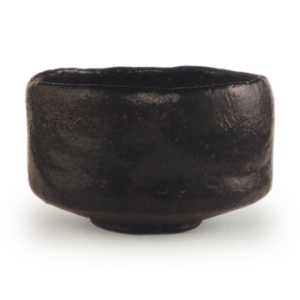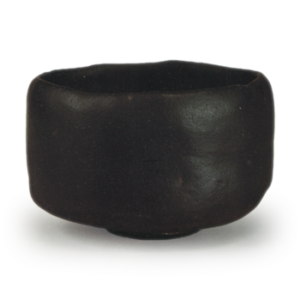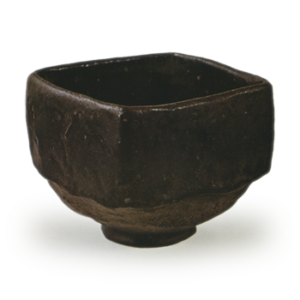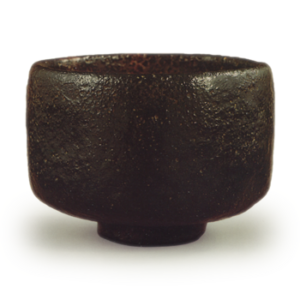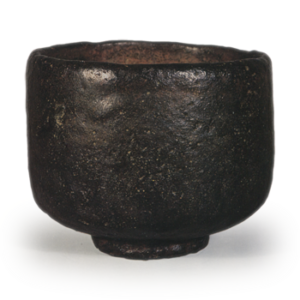Also written as haimong, haikan, and haikuburi. A Chinese tenmoku teacup. It probably means “covered with ashes in the kiln. The ash left over from the combustion causes a special change in the glaze. In the Eiroku Koshuhon of Tohoku University’s collection of “Kimidai Kangen Choki,” “Tenmoku tsune no kotooshi, haikatsugi wo kami ni sugatasu, kami ni goyonaki mono ni kakari, nakiyo daihouri,” “Haishikuri hakkuri hakkuri ni kami ni rare mono ni katari, katariyo daihouri,” in the same collection of “Gunsho Ruishu,” “Haishi hakkuri hakkuri hakkuri hakkuri,” in “Wakan chashiki,” and in “Banpo Zensho,” “Haishikuri hakuri hakuri hakuri hakuri,” “Haishi hakuri hakuri hakuri,” in the same book. In the “Chado Sensen” (Tea Ceremony Sen), “It looks as if it is covered with ash,” and in the “Chakki Meiri Honsho” (Tea Utensils and Tea Ceremonies), “It is made of Seto tenmoku and is covered with ash, and medicine is applied to it, which is called ash katsugi. The following are famous tea bowls of this type that are still in existence. The following are famous tea bowls of this type still in existence: Ashikazuchi (original owner unknown, Matsudaira Fumai), Yuhi (owned by Nara Shisseibo, Lord Wakasa Sakai), Niji (owned by Nara Shisseibo, Lord Wakasa Sakai, Takashi Masuda), Ashikazuchi (owned by Tsuneyasu Aburaya, Lord Owari), Utsuhi (owned by Enshu Kobori, Iwasaki family), Akiba Tenmoku (owned by Date Masamune, Masayoshi Kato), Ashikazuchi (owned by Enshu Kobori, Osaka Fujita family), Ashikazuchi (owned by Kawamura Den’ei, Iwasaki family), Akimeng (owned by Kawamura Den’ei, Iwasaki family), and Akiba Tenmoku (owned by Masamune Date, Masayoshi Kato), (owned by Kawamura Den’ei, Iwasaki family), Haemong (owned by Kaga Marquis, Kanazawa Matsuoka family), Shukoh Tenmoku (owned by Shukoh, Hosokawa Marquis), Haemong (owned by Kii Marquis).
